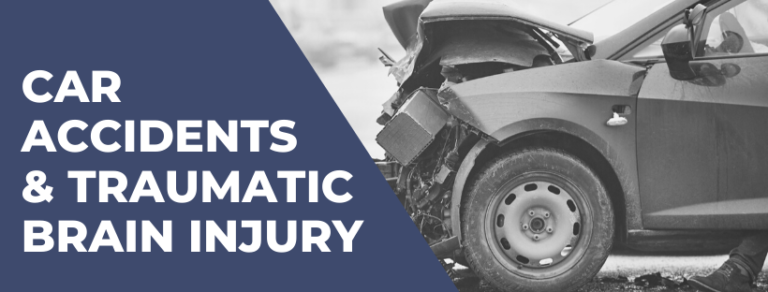Open head injury is among the most severe types of car accident injuries drivers and passengers can sustain after a collision. They result when the force of impact to the head is significant enough to penetrate the soft tissue of the head and scalp into the skull.
Types of Open Head Injuries
There are four classifications of open head injuries, and depending on the severity, victims may be left fighting for their lives.
Linear Skull Fracture
This is the most common and least severe open head injury that results from a car accident. It means the skull fractured but not enough for it to expose the brain’s soft tissue. Even though it is not as severe, victims can still suffer from long-term symptoms.
Basilar Skull Fracture
Basilar fractures take place at the base of the skull, which can cause complications with fluid leaking from the brain.
Depressed Skull Fracture
In this type of fracture, skull fragments can penetrate the brain, causing problems such as bruising, bleeding, and severe brain damage. The result can be the loss of all normal human functions.
Diastatic Skull Fracture
These fractures are sustained at the part of the skull that fuses when growing from childhood to adulthood.
Symptoms & Signs
Open head injuries are not always apparent on the scene. Signs and symptoms may not appear immediately and can take days or even weeks to arise. Here are some common signs and symptoms to look for in the days following the accident.
Common symptoms include:
- Loss of motor functions (such as dizziness, loss of balance, convulsing or seizures)
- Unequal pupil sizes
- Nausea and vomiting
- Bleeding from the head
- Abnormal behavior such as problems with speech, mood changes/swings, feeling depressed or anxious, memory or concentration problems
- Stiffness in the neck
- Severe, incurable headaches
- Difficulty sleeping, fatigue, or drowsiness
- Inability to awaken from sleep
- Loss of consciousness for a few seconds to a few minutes or no loss of consciousness but a state of feeling dazed, confused, or disorientated
- Fluid draining from the nose or ears
- Sensitivity to sound or light
- Blurred vision, ringing in ears, a bad taste in mouth, or odd changed in the ability to taste/smell
Open head injury isn’t something to take lightly. If you’ve sustained an open head injury due to another motorist’s negligence, you and your family may be eligible for compensation for your injury and recovery.





